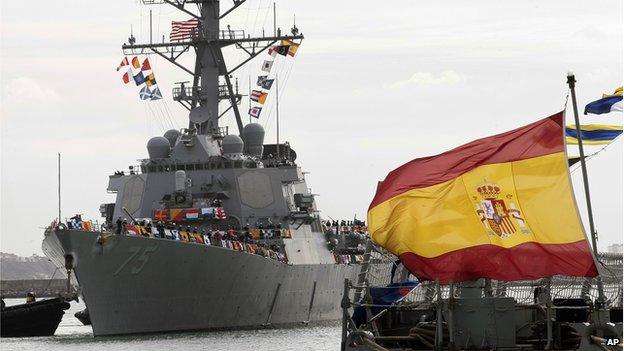Putin says Russia will 'neutralise threats' after US opens missile base
- Published
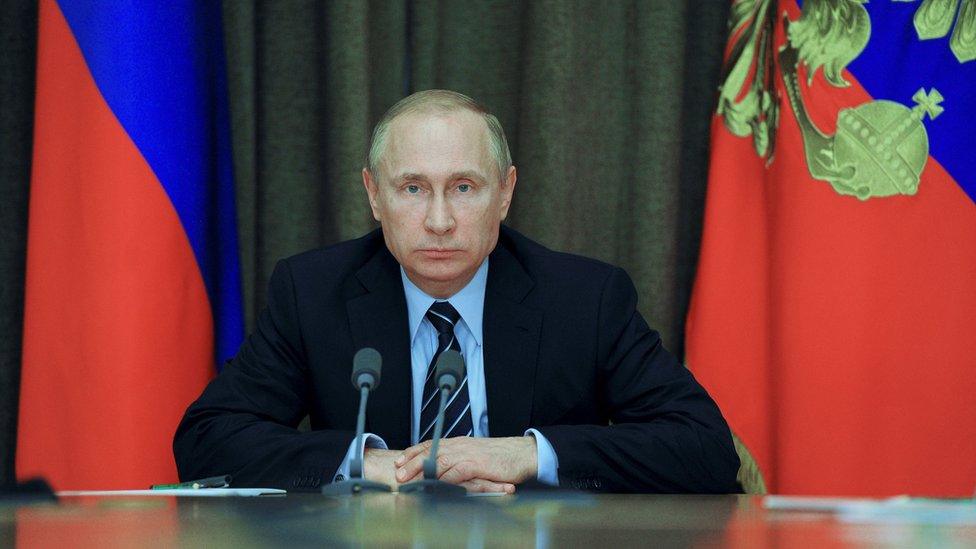
Vladimir Putin warned that Russia would be forced to "neutralise" perceived threats.
President Vladimir Putin has escalated Russian criticism of a new US missile defence station in Romania, saying his country will "neutralise emerging threats".
He argued it was aimed at weakening Russia's nuclear power and vowed to increase Russian defence spending.
US President Barack Obama voiced concern about Russia's "growing aggressive military presence".
Nato says the base is aimed at potential threats from the Middle East.
The US on Thursday activated the estimated $800m (£550m; €700m) missile shield in Deveselu, southern Romania.
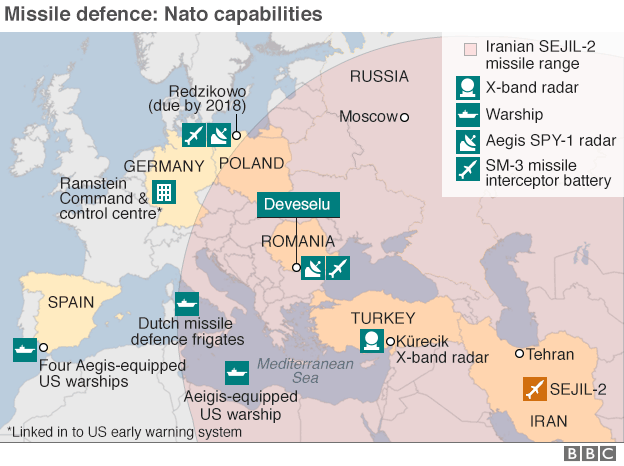
Nato Secretary General Jens Stoltenberg and other senior officials from the military alliance attended the opening ceremony, at a former Romanian air base.
On Friday, another phase of the project was launched in Poland with a groundbreaking ceremony at Redzikowo, near the Baltic Sea. Aegis missiles are to become operational there in 2018.
War of words
Speaking to Russian officials in Moscow, Mr Putin said: "This is not a defence system. This is part of a US nuclear strategic potential brought on to a periphery.
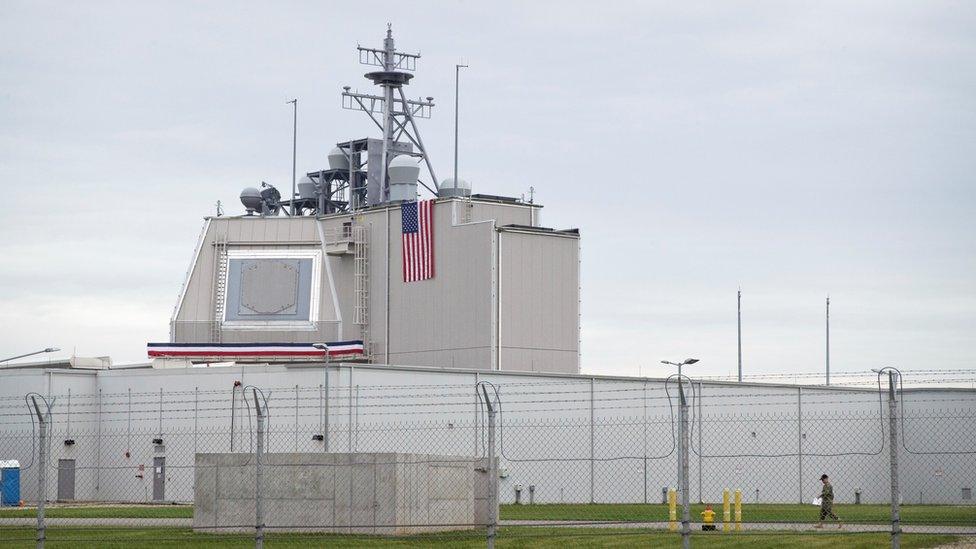
The Deveselu base features a radar building
"In this case, Eastern Europe is such a periphery. Those people taking such decisions must know that until now they have lived calm, fairly well-off and in safety.
"Now, as these elements of ballistic missile defence are deployed, we are forced to think how to neutralise the emerging threats to the Russian Federation."
Speaking later at a meeting of leaders of Sweden, Denmark, Finland, Norway and Iceland at the White House, Mr Obama said: "We are united in our concern about Russia's growing aggressive military presence and posture in the Baltic-Nordic region."
"We will be maintaining ongoing dialogue and seek cooperation with Russia, but we also want to make sure that we are prepared and strong, and we want to encourage Russia to keep its military activities in full compliance with international obligations," he said.
The Romanian site hosts radar and SM-3 missile interceptors, and will be integrated into Nato's missile shield when the bloc meets this summer.
Relations between the West and Russia have deteriorated since Moscow's annexation of Ukraine's southern Crimea peninsula in 2014 after an internationally unrecognised referendum on self-determination.
Aerial encounters between Russia and the US and its allies have escalated significantly, in the form of violations of national airspace, narrowly avoided mid-air collisions and close encounters at sea and simulated attack runs.

How does the missile shield work?

The defence system allows on-shore sites and warships to shoot down enemy ballistic missiles while they are still in space.
The interceptor missiles are fired to hit missiles before they re-enter the atmosphere, stopping them well before there is any danger of causing any damage.
- Published11 May 2016
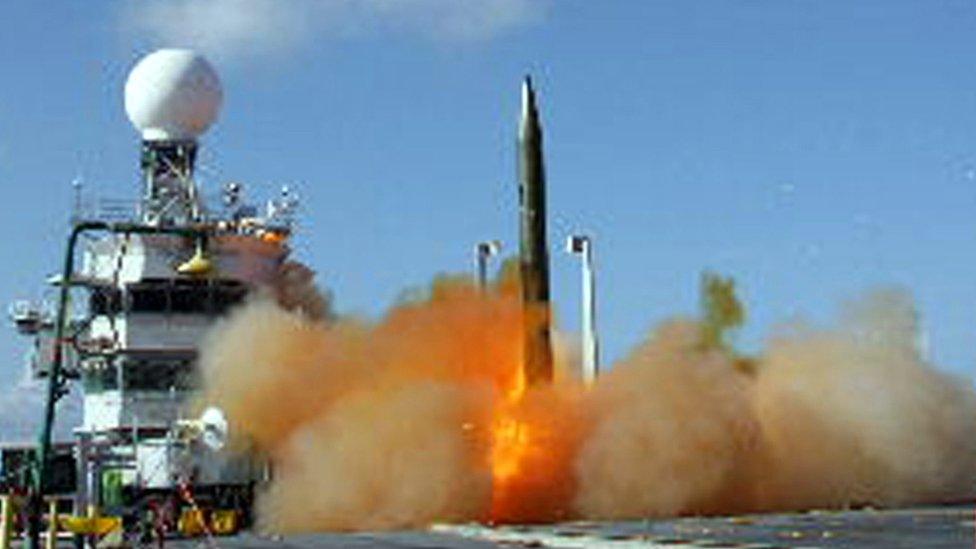
- Published3 May 2016
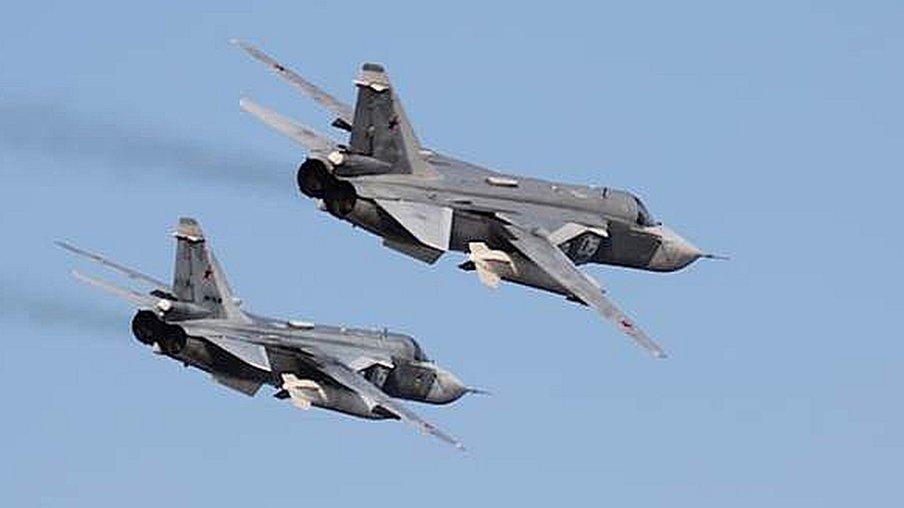
- Published5 February 2015
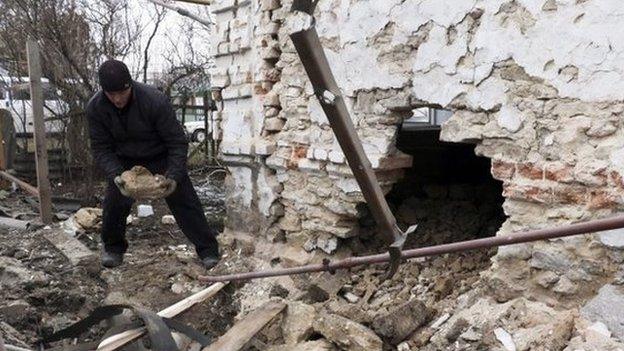
- Published16 June 2015
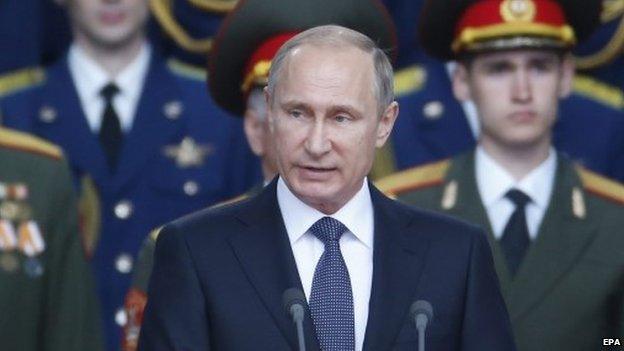
- Published25 February 2014
